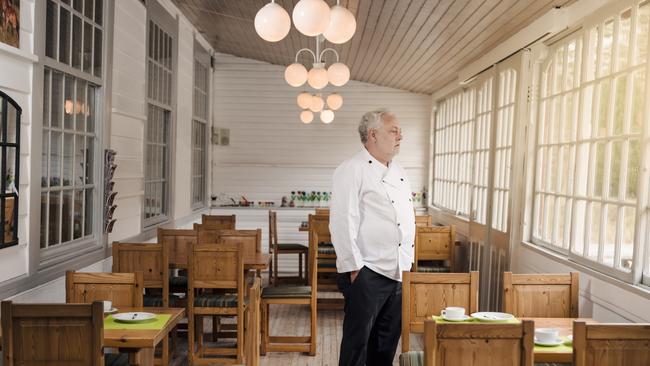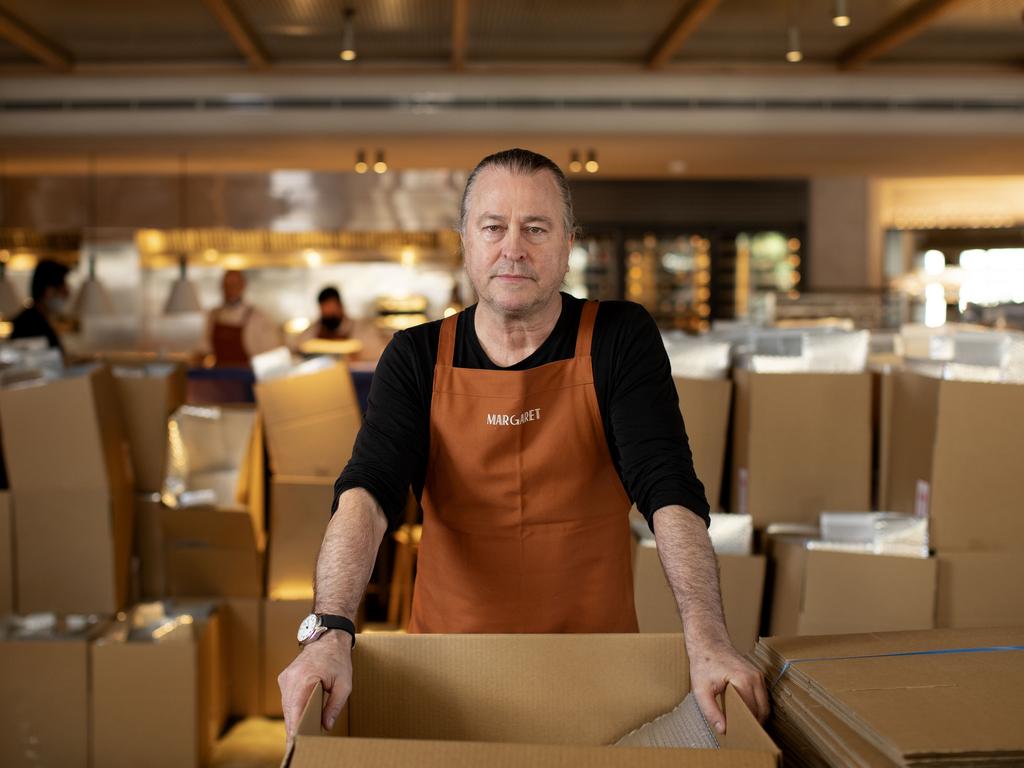Restaurants and hotels push back against the uptick in customer tantrums
Hospitality businesses are rethinking the philosophy that ‘the customer is always right’.

Chris Sirianni typed four words in capital letters, hit print and taped the message to the front door of his restaurant. The printout said simply: “BE KIND OR LEAVE.” In the weeks since Mr. Sirianni put his sign at the front of the Brewerie at Union Station in Erie, Pa., as well as on Facebook, customers have acted better. While it didn’t eliminate problem customers entirely, it has curbed what had been a mounting display of bad behaviour, he says.
“Not one has been outlandish or belligerent,” he says.
Perhaps most important, the paper sign sent a message to staff. General manager Caitlynn McCarthy, who has been called lazy and berated for long waits and unavailable crab cakes, says staff no longer feel like they have to walk on eggshells. The note also included a short paragraph saying his employees have been through “hell and back” and deserve better.
Restaurants and others in the hospitality business have long espoused “the customer is always right” and “all are welcome.” Now, many are rethinking that philosophy thanks to a surge in toxic customers and poor behaviour.
In the case of Mr. Sirianni’s restaurant, he chose kindness with an ultimatum, a directive gaining favour elsewhere. Others are choosing a more conciliatory approach, acknowledging inadequate staffing levels and asking for patience, but unapologetic about masking requirements and other public-health measures.
Nearly all hotels, restaurants and other customer-facing businesses are talking with each other to ask what works, what doesn’t and attempting to find some way to improve the situation.
“We’ve always been people-pleasers in the hospitality industry,” says Farouk Rajab, general manager of the Providence Marriott Downtown Hotel in Rhode Island. “The customer was always right. Well, they’re not.” Mr. Rajab, whose staff has been worn down by complaints about not answering front-desk calls fast enough and off-brand complimentary shampoo, posted signs at the entrance of the hotel and in the restaurant area, letting customers know they are experiencing a staff shortage and asking them to be kind and patient.
The signs are part of a “Please Be Kind” campaign created this summer by the Rhode Island Hospitality Association, which also created signs for break rooms listing mental-health resources for the hospitality industry.
Brian Casey, owner of North Kingstown, R.I.-based Oak Hill Tavern and Company Picnic Co. and board chairman of the National Restaurant Association, says industry employment is 8% below pre-pandemic levels. Retention is a big issue, and part of that is protecting workers.
More than 60% of restaurant workers said they had suffered from emotional abuse and disrespect from customers, and 78% said their mental health had been negatively affected in the past 12 months, according to a recent report by Black Box Intelligence, a restaurant analytics firm.

In August, Mr. Casey gave the 25 members of his staff one week of paid vacation. “They were working 110%,” he says.
Mike McNamara, who founded the Hog Island Beer Co. in Orleans, Mass., posted a message on Facebook, along with hashtags #thecustomerisnotalwaysright and #goodvibesonly, telling customers who don’t have “good vibes” to “please find another place to spend your money.” “To the 97% of y’all who are awesome — thank you. To the remaining 3% of you, your mother called and she has a bar of soap for you to chew on.” He decided to say something publicly after a man in a large group became belligerent, badgering a teenage hostess to seat the party at an unavailable table. When Mr. McNamara intervened, saying the group would have to leave, he recalls the man asking, “Who the hell are you? I’m not done with her and I haven’t even started with you.” Mr. McNamara responded that he was the owner. The group left.
John Dick, chief executive of CivicScience, a Pittsburgh consumer-research company, says he doesn’t think people who are predisposed to losing their temper will change their ways simply because a sign asks them to be kind. He believes they feel they have been victimised by having to wait or wear a mask and are retaliating.
Still, he thinks it is important to draw firm lines in the sand: “If you don’t meet our expectations of decorum, leave,” he says.
Such signs could help in other ways. Aside from sending a message of support to staff, they may boost repeat business from customers who value kindness and bosses who back their staff. “Kind people want to go places that value kindness,” he says.
Dan Mahaney, who owns Scratch & Co. in Pittsburgh, had no qualms about telling his restaurant staff to put a customer on a no-longer-welcome list. The customer, who objected to a sign asking patrons to wear a mask when not seated at their tables, swore, called the staff names and said he hoped the restaurant went out of business.
Mr. Mahaney then decided to take his message to the public in a long Facebook post.
“As we settle into a dine-in paradigm once again, one that puts a premium on the well being and job satisfaction of each and all of our staff, I feel compelled to make something clear: Any guest who demeans, or belittles the staff of this restaurant will not be welcome here any longer,” he wrote.
In Texas, Ellen’s Restaurant anticipated some angry customer reaction to its decision to reinstate mask requirements when diners are moving about. The decision was announced on signs posted at the front door and throughout its two Dallas area restaurants.
“Just in case you feel angry and want to call us names, we have prepared the following responses in advance,” it reads and then lists names that staff have been called, including traitors, communist and sheeple, each followed by its reply.
“Sheeple: “We know ewe are, but what are we? Baaaa Hahaha.” Most people like the way Joe Groves, co-founder, phrased the message, says Mary Maldonado, assistant general manager at one location.
“People take pictures of their family in front of the sign,” she says. “A few absolutely hate it and refuse to eat here. We tell them that’s OK and that there are restaurants down the street.” — The Wall Street Journal





To join the conversation, please log in. Don't have an account? Register
Join the conversation, you are commenting as Logout